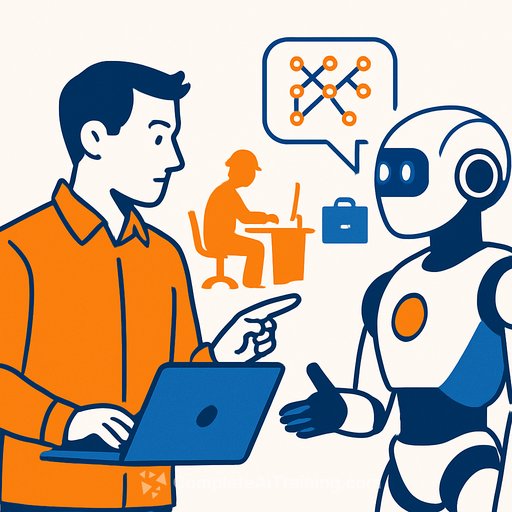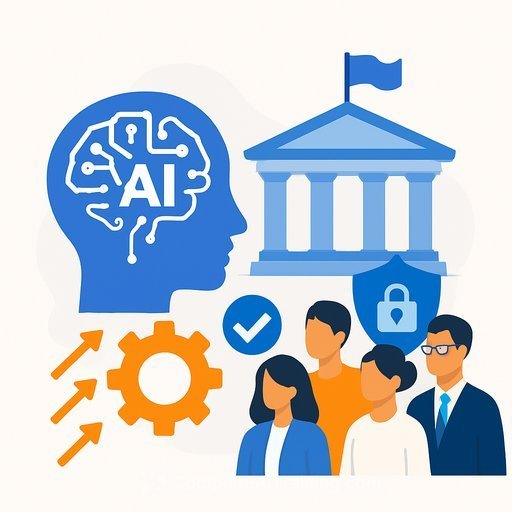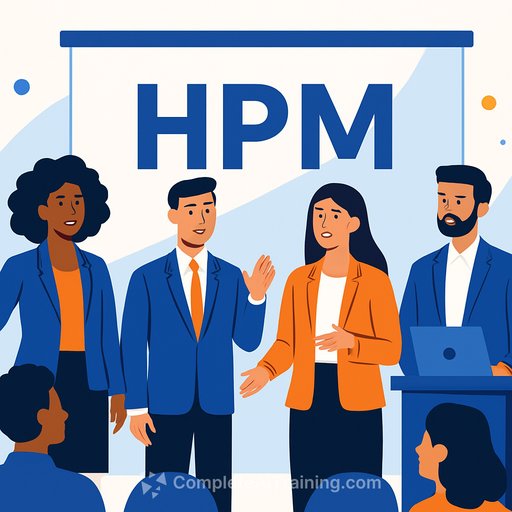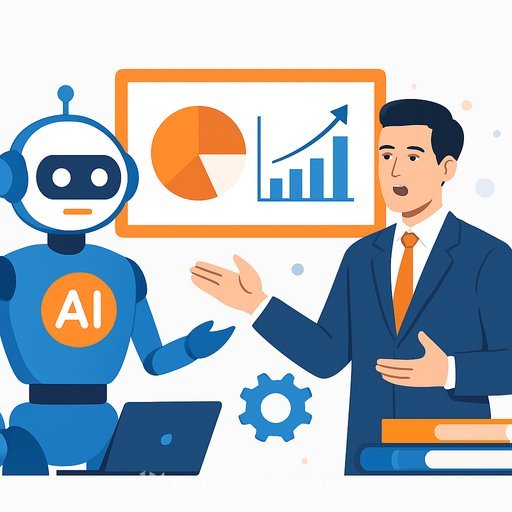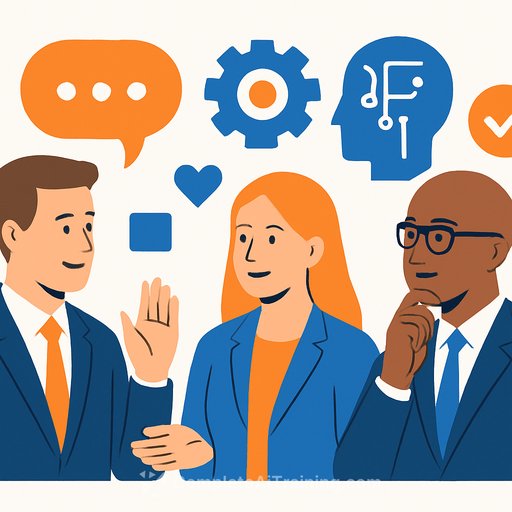The Truth About AI, Jobs, and the Future? 'No One Knows Anything.'
Ethan Mollick, a top Wharton expert on generative AI, has a blunt message for leaders: "I can tell you, no one knows anything."
Speaking at the CNBC Workforce Executive Council Summit, Mollick stated that even the biggest AI research labs are uncertain about the future. "They don't know what it's useful for. They tell me they use my Twitter [X] feed to figure out use cases," he said. This uncertainty is the new reality for every company.
The core problem is simple. You cannot hire a worker today with five years of experience using generative AI. As Mollick says, "They don't exist." This creates a level playing field and a massive knowledge gap across the entire economy.
From Having Answers to Asking Questions
This new environment demands a fundamental shift in corporate culture. For decades, we have rewarded people for having the right answers. That era is over.
Claire MacIntyre, Sam's Club chief people officer, put it clearly: "Leadership is no longer about having answers. It is actually now about asking brilliant questions, editing information and making decisions at the speed of TikTok."
Christina Schelling, Verizon's chief talent officer, agrees. The old model of rewarding perfectionism is obsolete. With AI, "the outcome is rarely perfect," she said. "It's ok to be ok with failing or being incorrect." The new measure of success is how quickly you can rebound, test, and try again.
Hire for Mindset, Not Just Hard Skills
Since the future is so unclear, hiring becomes a different equation. Kiersten Barnet of the New York Jobs CEO Council admits, "Everyone knows we will need something a little different from before, but we don't know what that will look like in five, ten years."
This places a premium on foundational human skills. The ability to continuously learn is now a critical skill in itself. Empathy, curiosity, agility, and decision-making are becoming more heavily weighted in hiring and career advancement.
Mollick explains that because current AI models operate more like a human than a calculator, people who are good with people can use them to great effect.
What You Can Do Now
While the long-term view is hazy, there are clear, immediate actions for HR leaders. The biggest mistake is waiting for answers or letting IT take full control. You must get involved directly.
Mollick suggests three pillars for any organization:
- Develop AI competency within leadership.
- Create an internal AI lab to experiment.
- Get AI tools out to the crowd and source ideas from your employees.
Verizon demonstrated this by using AI to scour public information on its 100,000+ employees (with an opt-out choice) to build a powerful internal mobility platform. By fusing public data with internal profiles, they created rich data sets that now nudge employees toward new roles and training opportunities.
Your $20-a-Month Action Plan
The most important advice is the simplest. "My No. 1 piece of advice is to pay $20 a month for [Anthropic's] Claude or [OpenAI's] GPT or [Google's] Gemini and use it for everything you can use it for legally," Mollick advised.
He urges leaders to spend a minimum of 10 hours a week using the tool. You cannot delegate this. You have to use it yourself to understand its strengths and weaknesses. Prompt engineering is less important now than providing the AI with good context, just as you would a human assistant.
You cannot lead what you don't understand. Start by getting hands-on experience and then explore structured learning to accelerate your team's adoption. You can find AI courses based on specific job roles to get your people started.
Let your employees experiment. The ones who are naturally good at it will become your innovation lab. Turn their ideas into products and processes immediately. This is how you build a company that thrives in uncertainty.
Your membership also unlocks:

